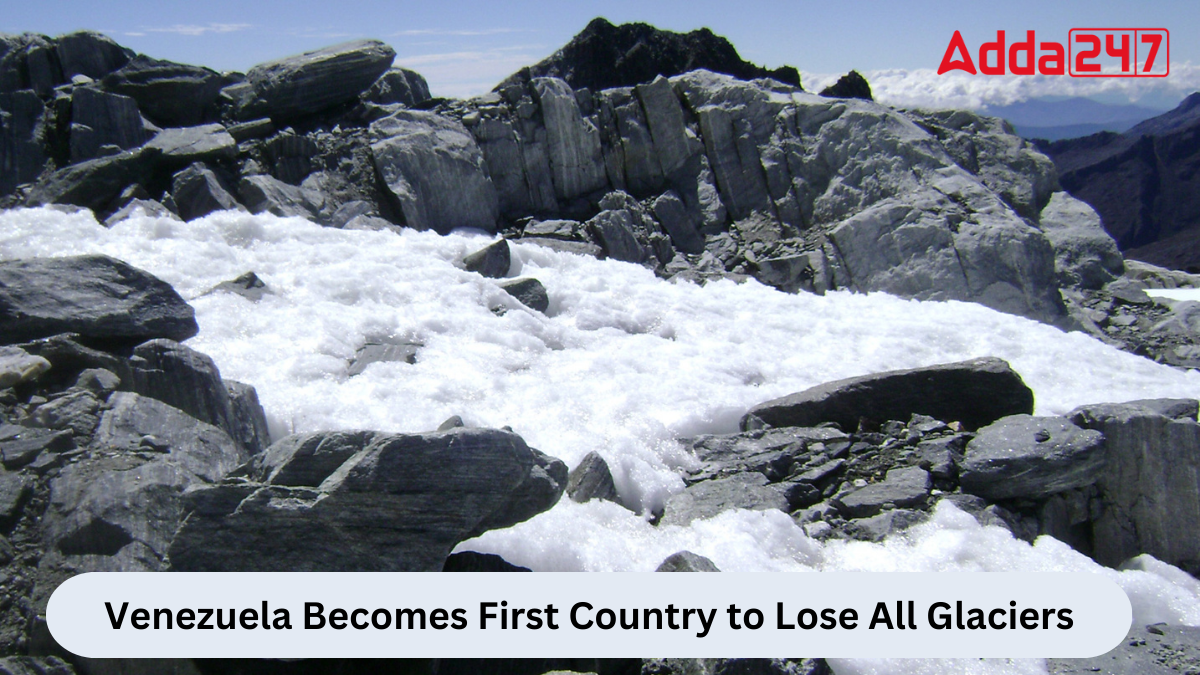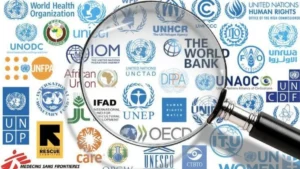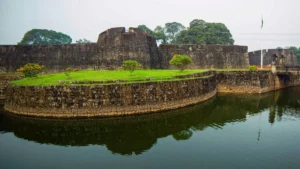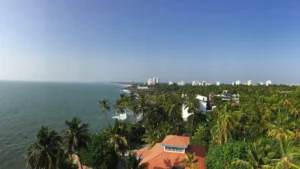Venezuela has recently witnessed a poignant environmental milestone, marking a grim reality of the climate crisis. The nation has likely become the first in modern history to lose all its glaciers, with the reclassification of the Humboldt glacier as an ice field, its final icy vestige, earlier this month. This event serves as a stark reminder that climate change is not a distant threat but an urgent crisis demanding immediate action.
Disappearing Glaciers of Venezuela
Once home to six glaciers nestled in the Andes mountains at approximately 5,000 meters above sea level, Venezuela saw the disappearance of five by 2011. Scientists initially estimated that the Humboldt glacier would endure for another decade, but its rapid melting has defied expectations. Now reduced to less than 2 hectares, the Humboldt’s downgrade from a glacier to an ice field underscores the alarming pace of glacial retreat.
What are Glaciers?
Glaciers, massive accumulations of ice formed over centuries from compacted snow, typically develop in regions where mean annual temperatures hover near freezing. Their sheer mass and gravitational pull cause them to flow like slow rivers. While definitions of glacier size vary, a common guideline suggests a minimum size of around 10 hectares.
The Role of Global Warming
The primary driver behind glacier loss is indisputably global warming, fueled by the accumulation of greenhouse gases (GHGs) in the atmosphere. Human activities, notably the burning of fossil fuels since the Industrial Revolution, have significantly elevated GHG levels. These gases trap heat, leading to rising global temperatures and accelerated glacier melting.
Impact of Glacial Loss
The disappearance of glaciers carries profound ecological and societal implications. Glaciers serve as vital freshwater reservoirs, particularly during dry periods, sustaining local communities, flora, and fauna. Their meltwater also regulates downstream temperatures, crucial for aquatic ecosystems. Furthermore, melting glaciers contribute to rising sea levels, albeit to varying degrees depending on their size.
Beyond Environmental Impact
For nations like Venezuela, glacier loss represents not only an environmental crisis but also a cultural tragedy. Glaciers hold deep cultural significance, shaping regional identities and supporting activities like mountaineering and tourism. The loss of these icy landmarks reverberates beyond environmental concerns, profoundly affecting communities’ way of life.
The Urgency of Climate Action
Venezuela’s loss of its last glacier serves as a poignant reminder of the urgent need for decisive climate action. As nations grapple with the consequences of unchecked climate change, concerted efforts to curb GHG emissions, invest in renewable energy, and adapt to shifting environmental realities become imperative. The fate of glaciers worldwide hangs in the balance, underscoring the pressing need for collective action to preserve our planet’s fragile ecosystems.




 List of National and International Organ...
List of National and International Organ...
 Which District of Kerala is known as the...
Which District of Kerala is known as the...
 Which District of Kerala is known as the...
Which District of Kerala is known as the...








